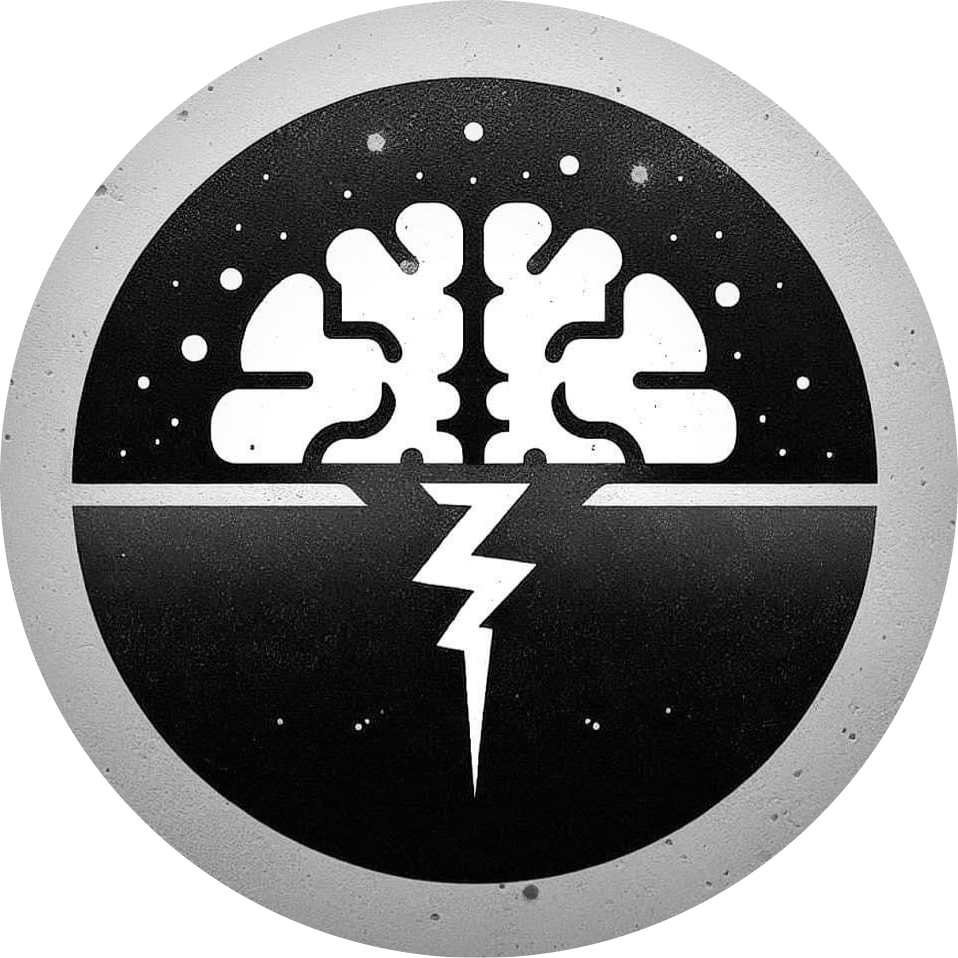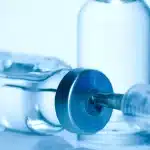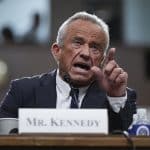Timeline: Vaccines-Autism Controversy to Robert F. Kennedy Jr.’s Role as HHS Secretary
1998: The Wakefield Paper Sparks Controversy The vaccines-autism controversy began with a study published in The Lancet by British doctor Andrew Wakefield, claiming a link between the measles, mumps, and rubella (MMR) vaccine and autism in children. The study, based on only 12 cases, suggested that the vaccine caused gastrointestinal issues leading to autism. Despite its small sample size and lack of rigorous methodology, the paper gained significant media attention, fueling public fear and vaccine hesitancy. Wakefield’s claims were amplified by anti-vaccine groups, and MMR vaccination rates began to decline in the UK and elsewhere.

1999–2004: Scientific Rebuttals and Thimerosal Concerns As public concern grew, scientists worldwide conducted large-scale studies to investigate Wakefield’s claims. In 2002, a Danish study of over 500,000 children found no link between MMR and autism. Similar findings emerged from studies in the U.S., UK, and Japan. Meanwhile, attention shifted to thimerosal, a mercury-based preservative in some childhood vaccines. In 1999, the U.S. Public Health Service and American Academy of Pediatrics called for its removal from childhood vaccines as a precautionary measure, despite no evidence linking it to autism. This fueled speculation, and Robert F. Kennedy Jr. entered the fray in 2005 with an article in Rolling Stone and Salon, alleging a government cover-up of thimerosal’s role in autism. The article was later retracted for inaccuracies, but Kennedy’s advocacy cemented his role as a vaccine skeptic. By 2004, The Lancet partially retracted Wakefield’s paper, citing conflicts of interest, and the Institute of Medicine concluded that neither MMR nor thimerosal caused autism.
2005–2010: Wakefield Discredited, Kennedy’s Rise Wakefield’s study was fully retracted by The Lancet in 2010 after investigations revealed data manipulation and ethical violations. Wakefield was stripped of his medical license by the UK’s General Medical Council for “callous disregard” for children’s welfare. Despite this, Kennedy continued to promote the vaccine-autism link through his newly founded Children’s Health Defense (originally the World Mercury Project). His advocacy focused on mercury in vaccines and alleged corruption in health agencies. During this period, numerous studies, including a 2006 Pediatrics analysis and a 2010 Vaccine study, further debunked any vaccine-autism connection. Yet, anti-vaccine sentiment persisted, contributing to measles outbreaks, such as one in California in 2008.
2011–2016: Anti-Vaccine Movement Grows The anti-vaccine movement gained traction online, with Kennedy as a prominent figure. He published books and spoke at rallies, framing vaccines as a cause of an “autism epidemic.” In 2011, he released Thimerosal: Let the Science Speak, reiterating debunked claims. Public health officials countered with evidence: a 2013 CDC study of 1,000 children showed no vaccine-autism link, and autism rates were attributed to better diagnosis and broader criteria. By 2015, autism prevalence was reported at 1 in 68 children, up from 1 in 150 in 2000, largely due to increased awareness. Kennedy’s rhetoric, however, resonated with distrustful communities, and vaccine hesitancy led to a 2014–2015 Disneyland measles outbreak.
2017–2020: Kennedy’s Political Influence and Samoa Outbreak Kennedy’s profile grew during Donald Trump’s first presidency. In 2017, he met with Trump, who expressed interest in a vaccine safety commission, though it never materialized. Kennedy’s Children’s Health Defense intensified anti-vaccine campaigns, falsely linking vaccines to autism and other disorders. In 2019, a measles outbreak in Samoa, exacerbated by anti-vaccine misinformation partly spread by Kennedy’s group, killed 83 people, mostly children. A 2019 New England Journal of Medicine study of 650,000 children reaffirmed no MMR-autism link, but Kennedy’s narrative persisted.
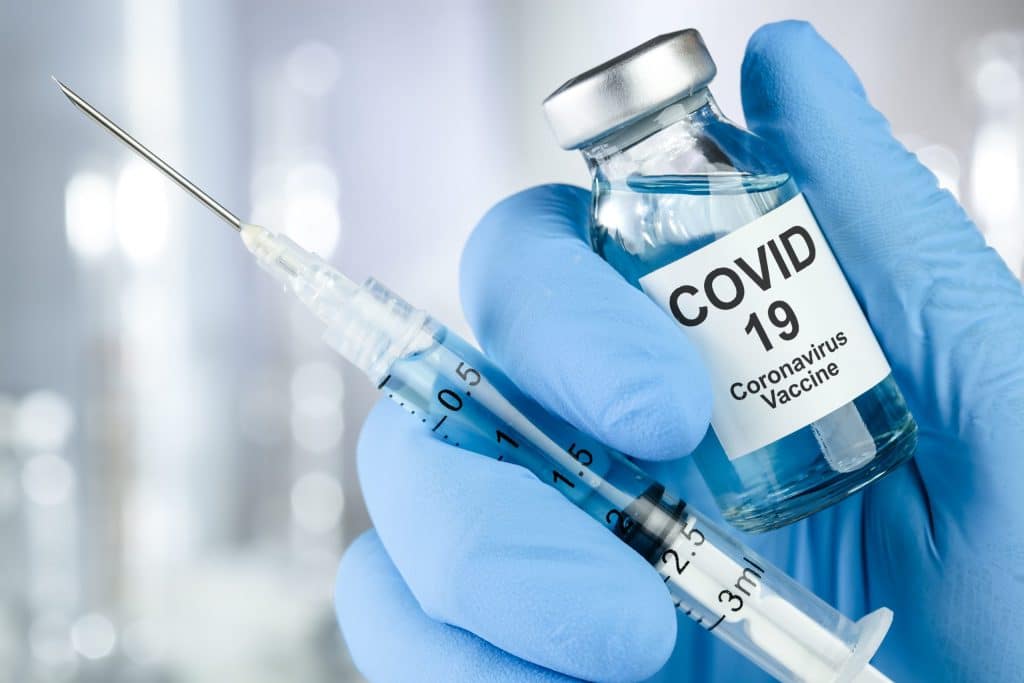
2021–2023: COVID-19 and Political Ambitions The COVID-19 pandemic amplified Kennedy’s platform. His 2021 book, The Real Anthony Fauci, criticized vaccine mandates and reiterated autism claims, becoming a bestseller among skeptics. In 2023, Kennedy announced his presidential candidacy, initially as a Democrat, then as an independent, emphasizing health freedom and vaccine skepticism. His campaign highlighted rising autism rates (1 in 36 by 2020 CDC estimates) as evidence of environmental causes, including vaccines, despite scientific consensus pointing to genetics and diagnostic improvements.
2024: Presidential Campaign and Trump Endorsement Kennedy’s 2024 campaign gained traction among those distrustful of institutions but struggled with ballot access. In August, he withdrew and endorsed Trump, citing shared concerns about censorship and health policy. Trump’s campaign promised Kennedy a role in health policy, raising alarms among scientists due to his anti-vaccine history.
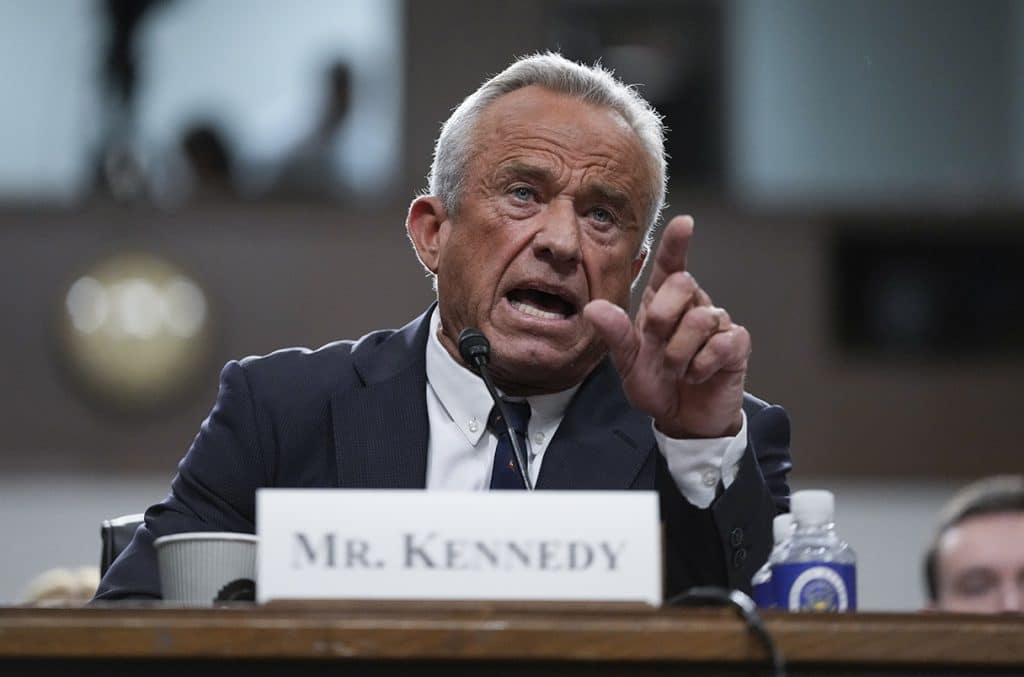
2025: Kennedy as HHS Secretary In January 2025, Kennedy was confirmed as Secretary of Health and Human Services (HHS), overseeing agencies like the CDC and NIH. Despite promising to preserve vaccine safety systems during confirmation hearings, he directed the CDC and NIH to study vaccines and autism, hiring David Geier, a discredited researcher, to lead the effort. In April, Kennedy announced a “massive research effort” to identify autism’s cause by September, claiming environmental toxins, including vaccines, were responsible. Experts, including Autism Speaks, criticized the timeline as unrealistic and feared it would revive debunked theories. A CDC report noted autism prevalence at 1 in 31, attributed to better screening, not an “epidemic.” Kennedy’s actions, including budget cuts to HHS research, sparked concerns about undermining public health and vaccine confidence, especially amid a Texas measles outbreak.
